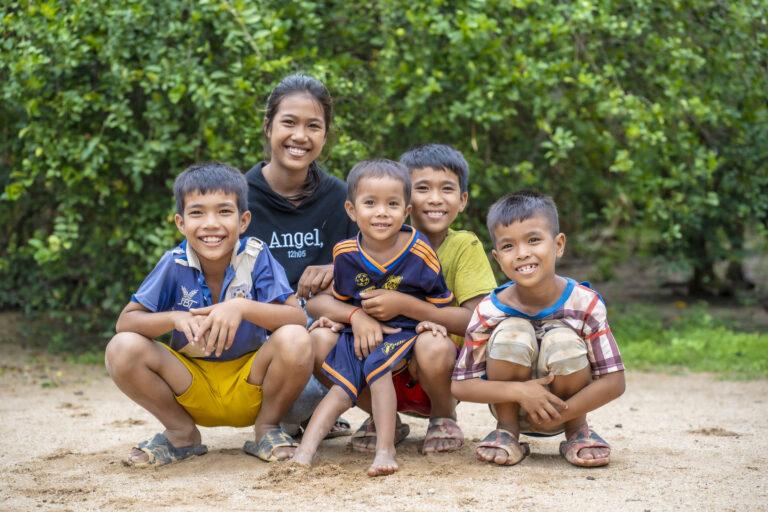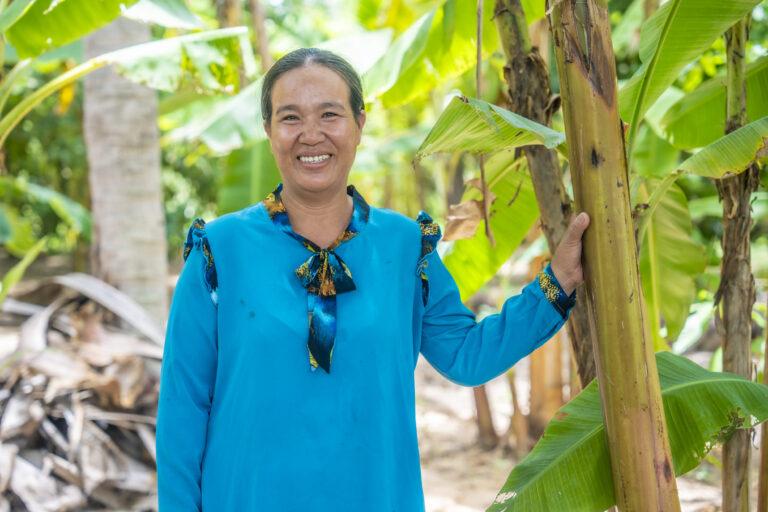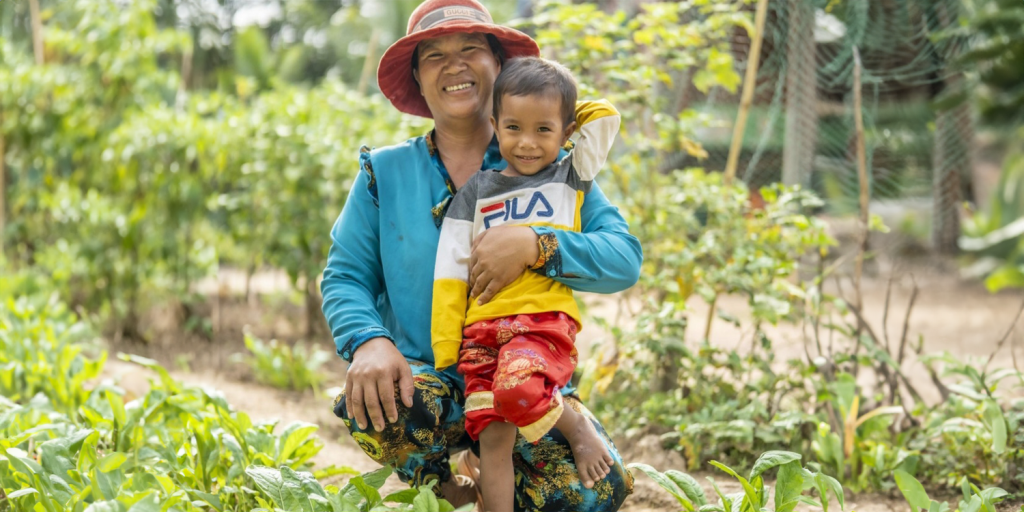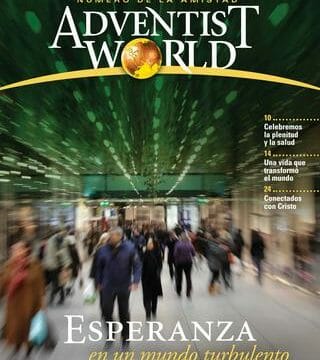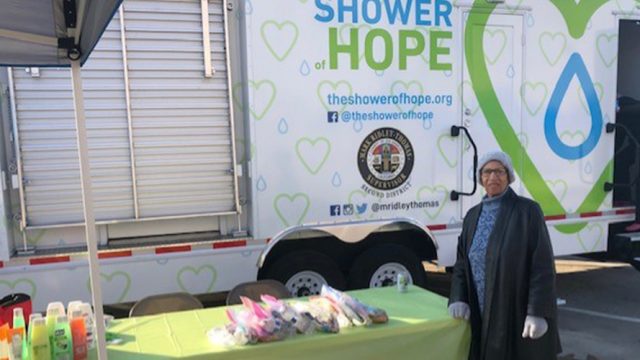In rural Cambodia, ADRA gave an illiterate mother the keys to succeed and thrive.
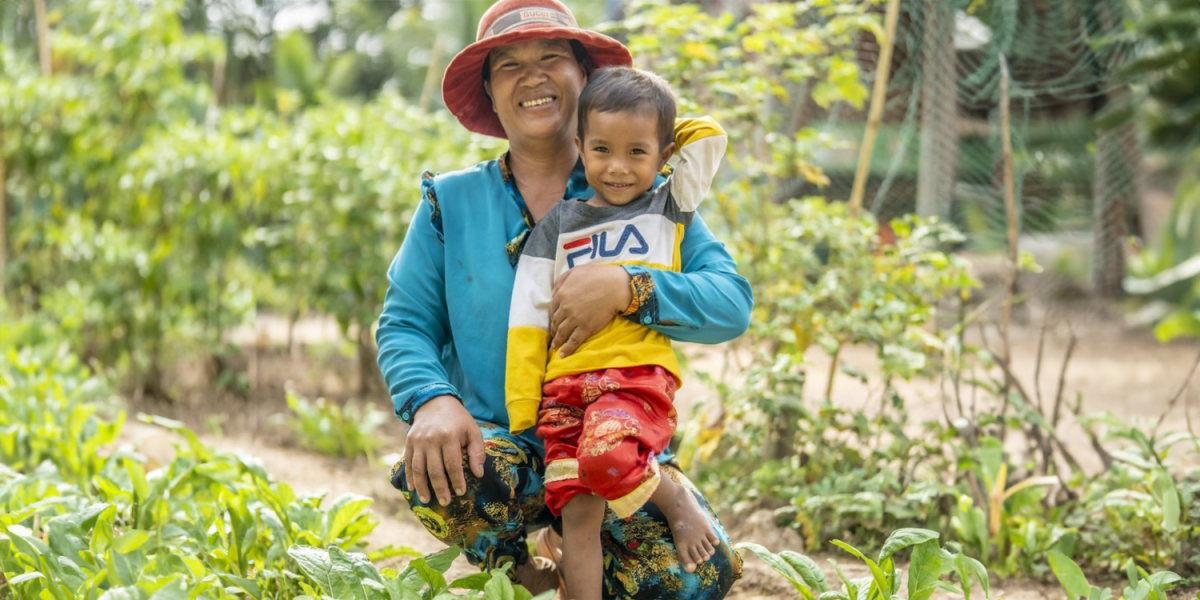
When Norn was just five years old, her father passed away. Her parents worked in rural Cambodia raising cows, and without her father, the workload fell to her. As a result, she couldn’t attend school and is unable to read and write.
“I used to get up early in the morning to bring the cows to the field,” Norn says. “It was very tiring, and I was not able to study.”
Now a mother herself, Norn wants to give her children a better life. She worked as a rice farmer, and her husband, Chhert, worked trading animals. But despite their best efforts, there was never enough money to meet their basic needs. Without nutritious food and sanitation, the family struggled with their health.
“My children got sick a lot,” Norn says. “They always had fever, diarrhea, and vomiting. It was difficult. We drank rainwater that we kept in covered water jars.”
The income from trading animals was inconsistent. Some months, they earned nothing, and Norn was unable to save for the future. The family ate what they could grow, so their staple diet was rice porridge with salt and soy sauce, and her children weren’t developing as they should.
When an Adventist Development and Relief Agency (ADRA) project started in Norn’s village, she was eager to participate. The project, which is supported by the Australian government through the Australian NGO Cooperation Program (ANCP), has a strong focus on children’s health.
The project teaches participants about practices they can implement around the home to increase health and hygiene.
“After participating in ADRA’s program, I learned about sanitation,” Norn says. “We learned to wash our hands before eating and after using the toilet and to clean up mud puddles around our house to get rid of mosquitoes. As a result, we are much healthier now.”
Norn’s family received a water filter from the project, which saves her from having to boil the rainwater. This saves her time, wood, and charcoal.
New Skills, New Income
The project also helps participants expand their income, so they are able to meet their daily needs. Norn learned how to breed and raise poultry, as well as how to grow her own vegetables, which is helping to improve her family’s health.
“The program provided me with a net and seeds and taught me how to use manure for my vegetables,” Norn says. “I also learned to avoid using chemical pesticide, as it is harmful to our health. They taught me how to use compost, as well as how to make organic pesticide to stop ants and keep caterpillars from eating the leaves.
“I regret that I didn’t know about ADRA’s program before,” she says. “If I had joined the program earlier, I would have been able to give my older children enough nutrition so that they could grow and be smart. After joining the program, I started adding the vegetables that I grow to our porridge. My children now eat more vegetables and yellow fruits like bananas and papayas. They have gained weight since then.”
Norn continues to attend monthly ADRA meetings, where participants learn and share their experiences with the group. Norn was one of five women from her group who were voted as a “model mother” in their community-based and food-based approach to improving child nutrition.
“Norn’s malnourished son graduated from a severe nutritional status to be the healthy nutritional status by weight for his age,” ADRA Cambodia staff member Keo Sarean says. “Her good practices, including child feeding, caring, hygiene, and healthy behaviours were shared among the group to help other members.”
Thanks to the agriculture and animal raising projects, Norn has been able to increase her family’s income.
“I have learned to raise chickens, geese, and ducks,” she says. “I sold three of my geese and earned US$50! Before, I had no savings. But now, I can save US$100 a month! This gives me peace of mind.”
With the support of ADRA, Norn has been able to give her children the start in life that she never had.
“I have big dreams for my family’s future. I told my children that I will work hard to earn money and send them to college. I want them to be a dentist, teacher, or engineer.”
Norn’s eldest daughter is thirteen years old and dreams of becoming a teacher.
“At school I like to read books,” her daughter says. “When I grow up, I want to be a teacher.”
The original version of this story was posted by ADRA Australia.


